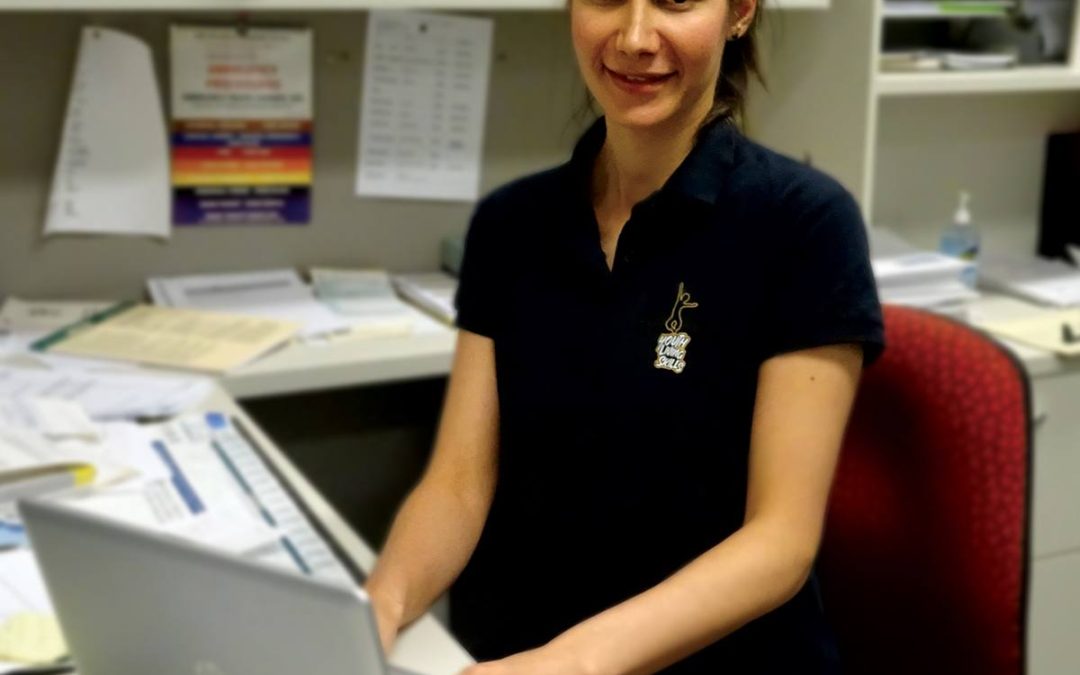Why early childhood development is important
There is ample research that indicates that the first years of a child’s life is paramount to their development and shapes their future. From the early stages of the prenatal phase, babies are already starting to take in and learn about their environment. As a child grows, the advancement of the physical, social, cognitive and emotional areas of their lives are crucial to their well-being, thus making it crucial to pay attention to and invest in a child’s early development to boost their future and overall well-being. It is important that the initial learning experiences of children and the connections formed with their parents, family and environment are positive and supportive for the child. While a child’s genetic disposition undoubtedly influences their growth and development, the role that nurture plays is just as pivotal. When children are not nurtured in a supportive or healthy environment, they may develop difficulties in their functioning, such as physical deficits, behavioural issues or emotional dysregulation problems.
Common difficulties children may have
While many children naturally develop with few major issues,some children may have problems with their physical, social or cognitive maturation. These issues may have developed from birth or may be due to circumstances or incidents of a child’s up bringing, such as injuries. Common examples of common medical issues that children may have are:
- Birth defects or injuries (e.g. heart defects, spina bifida, cleft palate)
- Orthopaedic (e.g. broken bones) or traumatic injuries (spinal cord or brain)
- Juvenile arthritis
- Burns
- Amputations
- Cancers
- Multiple sclerosis
- Cerebral palsy
- Sensory processing deficits
- Learning difficulties
- Autism or other developmental disorders
- Developmental delay
- Behavioural and mental health issues (e.g. anxiety, depression, emotional dysregulation)
Occupational therapy (OT) for kids
Occupational therapy is an intervention that tries to maximise a person’s autonomy so that they can engage in the tasks of their choosing or are essential to their daily functioning. Most children learn the essential skills required to appropriately engage with others, perform everyday self-care activities, perform academically and engage in an occupation with little difficulty. However, some children (e.g. with conditions listed above) display considerable complications and gaps in their functional capacity.
For such children, help and therapy from a health care professional may be recommended, such as an OT. OTs are university graduate professionals who work with children and their carers/families to enhance the functional skills of an individual, so that they can live as free a life as possible. An OT can help children in a plethora of different ways, such as:
- Help children with attention and focus issues, e.g. focus better in the classroom
- Recommend specialized equipment for children, e.g. wheelchairs, communication devices, bathroom equipment or home modifications
- Improve fine motor skills important in developing handwriting and the ability to grasp physical objects
- Improve gross motor skills important in areas such as physical coordination, walking, jumping or throwing
- Enhance hand-eye coordination
- Advance basic self-care skills such as feeding, bathing, dressing and hygiene skills
- Help children with sensory modulation disorders to better respond to their physical environment
- Assist children with finding vocational tasks, e.g. paid or voluntary employment
- Help adolescents gain their driver’s licence
As with most other therapies for children, the involvement and support of the child’s parents and family is often pivotal to the eventual benefits gained by OT. OTs may also work with parents/carers to enhance their skills to better cope with the child’s difficulties, as well as engage them to emphasize strategies from therapy in the child’s daily life. Together, the child, their family and the OT can improve outcomes and the well being of the child, and help them to reach their personal and health goals.

